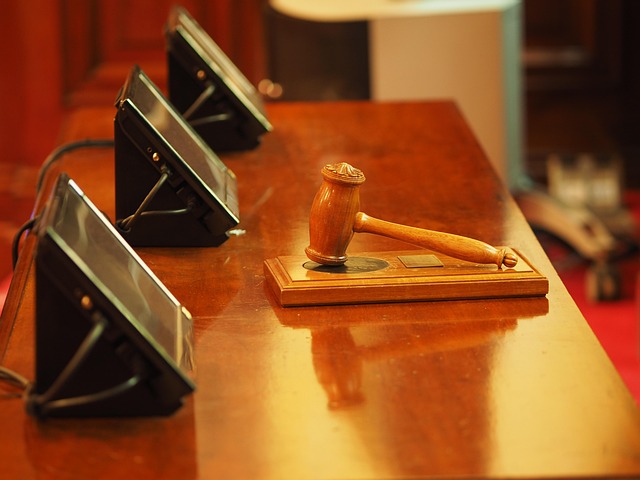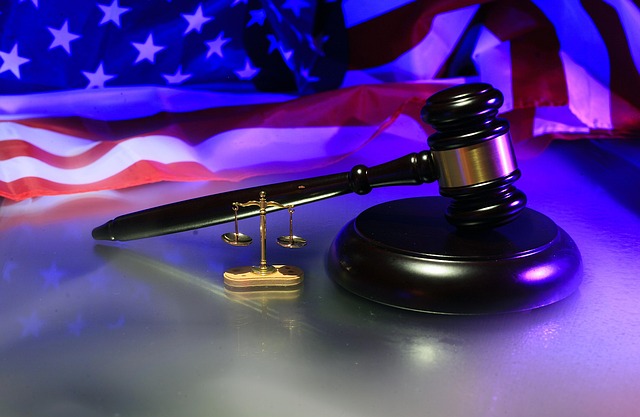Litigation Support Services are vital in modern law, offering specialized aid through evidence management, case analytics, and expert consultation to enhance efficiency and fairness in court proceedings. The text specifically focuses on the Ethical Implications of Plea Bargaining Decisions, emphasizing the delicate balance between streamlining justice and maintaining fairness. It highlights concerns regarding plea bargaining in white-collar defense cases, where advanced technologies impact decisions, and calls for best practices like transparency, client consent, confidentiality, and conflict-of-interest avoidance to preserve integrity within the legal process.
In the intricate landscape of legal proceedings, Litigation Support Services play a pivotal role in shaping outcomes. This comprehensive article delves into the multifaceted world of these services, offering an in-depth understanding of their operations and impact. We explore the nuances of plea bargaining, a game-changer in many cases, while navigating its ethical implications—a delicate balance between justice and strategic decision-making. By examining challenges and best practices, this piece highlights the importance of responsible handling, especially regarding the Ethical Implications of Plea Bargaining Decisions.
- Understanding Litigation Support Services: A Comprehensive Overview
- The Role of Plea Bargaining and Its Ethical Considerations
- Navigating the Ethical Implications: Challenges and Best Practices
Understanding Litigation Support Services: A Comprehensive Overview

Litigation Support Services play a pivotal role in modern legal practice, offering specialized assistance to both prosecutors and general criminal defense attorneys. These services encompass a wide range of activities aimed at enhancing efficiency, accuracy, and fairness in the judicial process. From evidence management and case analytics to expert witness consultation, these tools and resources are designed to help achieve extraordinary results within respective business environments.
One critical aspect that necessitates discussion is the ethical implications of plea bargaining decisions, often facilitated by litigation support technologies. As legal professionals leverage data-driven insights and advanced analytics, it becomes essential to ensure transparency, impartiality, and adherence to moral standards. Understanding these nuances is crucial, especially when considering the profound impact on individuals’ lives and the broader justice system’s integrity.
The Role of Plea Bargaining and Its Ethical Considerations

Plea bargaining plays a pivotal role in the legal landscape, offering a strategic avenue for both defendants and prosecutors to navigate high-stakes cases. This process involves negotiating an agreement where a defendant pleads guilty to a lesser charge or accepts a specific sentence in exchange for reduced penalties compared to what they might face at trial. While plea bargaining can streamline legal processes and reduce court congestion, it raises significant ethical considerations.
The Ethical Implications of Plea Bargaining Decisions are profound. They impact the fairness of justice by potentially leading to convictions based on pleas rather than proof of guilt. In some cases, defendants may plead guilty to avoid indictment or a potentially harsher sentence, which can raise doubts about their actual culpability, especially in complex matters. Balancing the need for efficient dispute resolution and upholding the integrity of the judicial system remains a delicate task, requiring careful consideration of both practical concerns and the rights of all involved parties.
Navigating the Ethical Implications: Challenges and Best Practices

Navigating the Ethical Implications: Challenges and Best Practices
In the realm of litigation support services, particularly in white-collar defense, one of the most significant challenges lies in managing the ethical implications of plea bargaining decisions. The process, though common, raises complex moral questions that demand careful consideration. Attorneys must weigh the benefits of a negotiated settlement against potential biases and pressures, ensuring fairness for all involved parties. An unprecedented track record of successful defenses underscores the importance of upholding high ethical standards, as it fosters trust in the justice system.
Best practices emphasize transparency and client consent. Lawyers should thoroughly discuss the implications with their clients, ensuring they understand the consequences of a plea bargain. This dialogue must consider potential repercussions on future legal matters and the impact on personal reputations. Moreover, maintaining confidentiality and avoiding conflicts of interest are vital to preserving integrity within the legal process. By adhering to these principles, litigation support services can navigate the ethical landscape effectively, safeguarding both justice and the rights of those they represent.
Litigation Support Services play a pivotal role in modern legal systems, offering crucial assistance during complex cases. While plea bargaining is a significant aspect, it raises important ethical considerations, particularly regarding the impact on defendants and the broader justice system. By understanding these implications and adopting best practices, professionals can ensure fair and just outcomes. Navigating these challenges requires a delicate balance, fostering an environment where the rights of all involved are respected while also promoting efficient dispute resolution.






